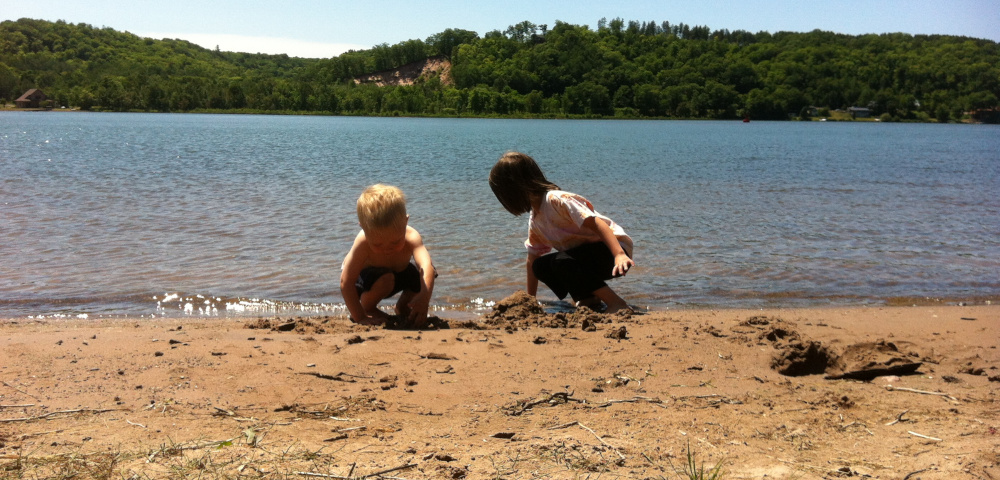What Risks Are We Willing to Take?
Written by |

“What if Todd had aspirated while you were on your spring break trip?” someone asked me.
That’s the type of question I’ve asked myself many times over the last decade since my husband, Todd, was diagnosed with ALS. What risks are we willing to take to have a certain quality of life?
When I left with our kids for a couple days over spring break this year, I was aware that Todd was more at risk than when I’m home. I was leaving him in good hands with his sister, my mother, and other caregivers, but they don’t have the experience that I have in keeping Todd’s lungs clear.
It was a risk Todd and I willingly took so that I could do something fun with our kids. As our children age, I’m aware that our time with them is also limited. We only have two more spring breaks before our daughter graduates from high school.
We take a risk every morning I drive the kids to school. I check on Todd before I leave to make sure he’s comfortable in bed, but I know he could have problems while I’m gone for the half-hour round-trip. He could get a buildup of mucus that he wouldn’t be able to expel on his own. We want our children to go to their particular school for social and academic reasons, so they need to be dropped off. It’s a risk we take.
I take a risk when I go mountain biking with our son. When I head out on the trails, I make sure my mom is available for Todd to call for help if needed, either at home next door or at work less than 15 minutes away. I don’t leave Todd on days he’s sick or when his lungs are congested.
I take a risk when I leave him to go grocery shopping. There have been times that I’ve had to hurry home to help him.
And today as I write this, I took a risk when the kids and I went to the beach. Todd was at his computer with access to his phone. I texted him a picture of the kids playing on the beach, and he texted me back a similar picture from 10 years ago almost to the day.

Kristin and Todd’s children 10 years ago. (Courtesy of Kristin Neva)
It would be safer for him if he had someone with him all the time, but that brings up another quality of life issue: He doesn’t actually want someone with him all the time. He’s an introvert, and he needs to have some time alone.
Every couple dealing with ALS and disability has to navigate these and other issues to find their own comfort level with risk.
Note: ALS News Today is strictly a news and information website about the disease. It does not provide medical advice, diagnosis, or treatment. This content is not intended to be a substitute for professional medical advice, diagnosis, or treatment. Always seek the advice of your physician or other qualified health provider with any questions you may have regarding a medical condition. Never disregard professional medical advice or delay in seeking it because of something you have read on this website. The opinions expressed in this column are not those of ALS News Today or its parent company, Bionews, and are intended to spark discussion about issues pertaining to ALS.







Johnny Lewis
I can only say, I understand.
Debbie Zolnierowicz
The end of your article really hit me. This is one of the hardest aspects of caregiving - the constant navigation of safety (or your own ideas/feelings/beliefs) vs pALS wishes. There is no road map to navigating the countless decisions and compromises that must be made. Every family unit has to figure it out, and communication is the key.
Thank you for sharing your experiences and knowledge. I look forward to your articles.
Mary Connolly
So true Kristin. I can leave for a few hours, but our biggest risk right now is a fall. Bulbar issues are not issues for us right now. Bringing a reliable network of caregivers into play that we are comfortable with is an ongoing task. Nobody wants to be babysat. It's a very delicate balance between care and intrusion on one's agency.
Trevor Bower
Thank you for your columns. I really look forward to reading them. I was diagnosed with ALS a couple of years ago after six years of steadily decline in walking and running. I'm now in a wheelchair and find new hurdles to overcome each week. I am my own caregiver so your messages are a guidepost for what to expect and what I need to do. Thank you so much!